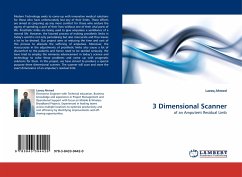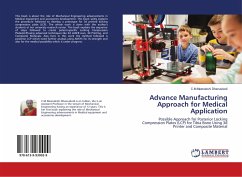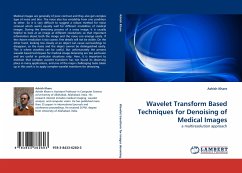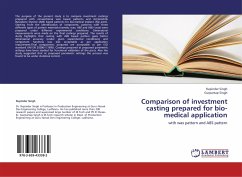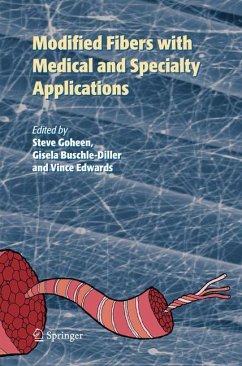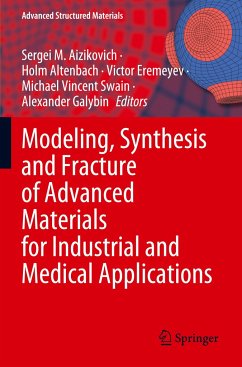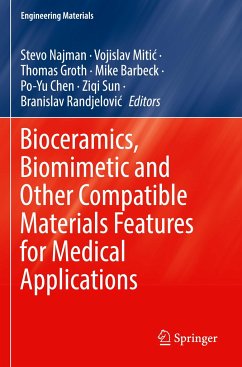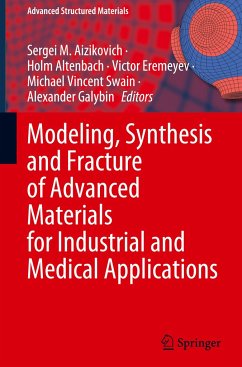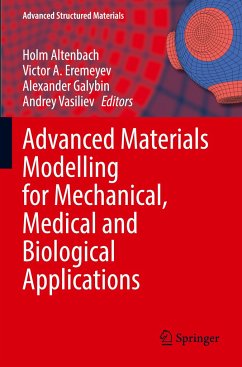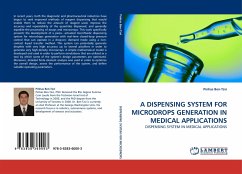
A DISPENSING SYSTEM FOR MICRODROPS GENERATION IN MEDICAL APPLICATIONS
DISPENSING SYSTEM IN MEDICAL APPLICATIONS
Versandkostenfrei!
Versandfertig in 6-10 Tagen
39,99 €
inkl. MwSt.

PAYBACK Punkte
20 °P sammeln!
In recent years, both the diagnostic and pharmaceutical industries have begun to seek improved methods of reagent dispensing that would enable them to reduce the amount of reagent used, improve the accuracy and repeatability of the quantities dispensed, and generally expedite the processing of assays and microarrays. This work specifically presents the development of a piezo actuated microfluidic dispensing system for microdrops generation with real-time closed-loop pressure control that can operate in a drop-on- demand mode using a non-contact liquid transfer method. This system can potential...
In recent years, both the diagnostic and pharmaceutical industries have begun to seek improved methods of reagent dispensing that would enable them to reduce the amount of reagent used, improve the accuracy and repeatability of the quantities dispensed, and generally expedite the processing of assays and microarrays. This work specifically presents the development of a piezo actuated microfluidic dispensing system for microdrops generation with real-time closed-loop pressure control that can operate in a drop-on- demand mode using a non-contact liquid transfer method. This system can potentially generate droplets with very high accuracy up to several picoliters in order to generate very high-density microarrays. A simple mathematical model is developed and used in order to perform simulations that are utilized as a tool by which some of the system's design parameters are optimized. Moreover, detailed finite element analysis was used in order to optimize the overall design, assessthe performance of the system, and define suitable operating parameters.



